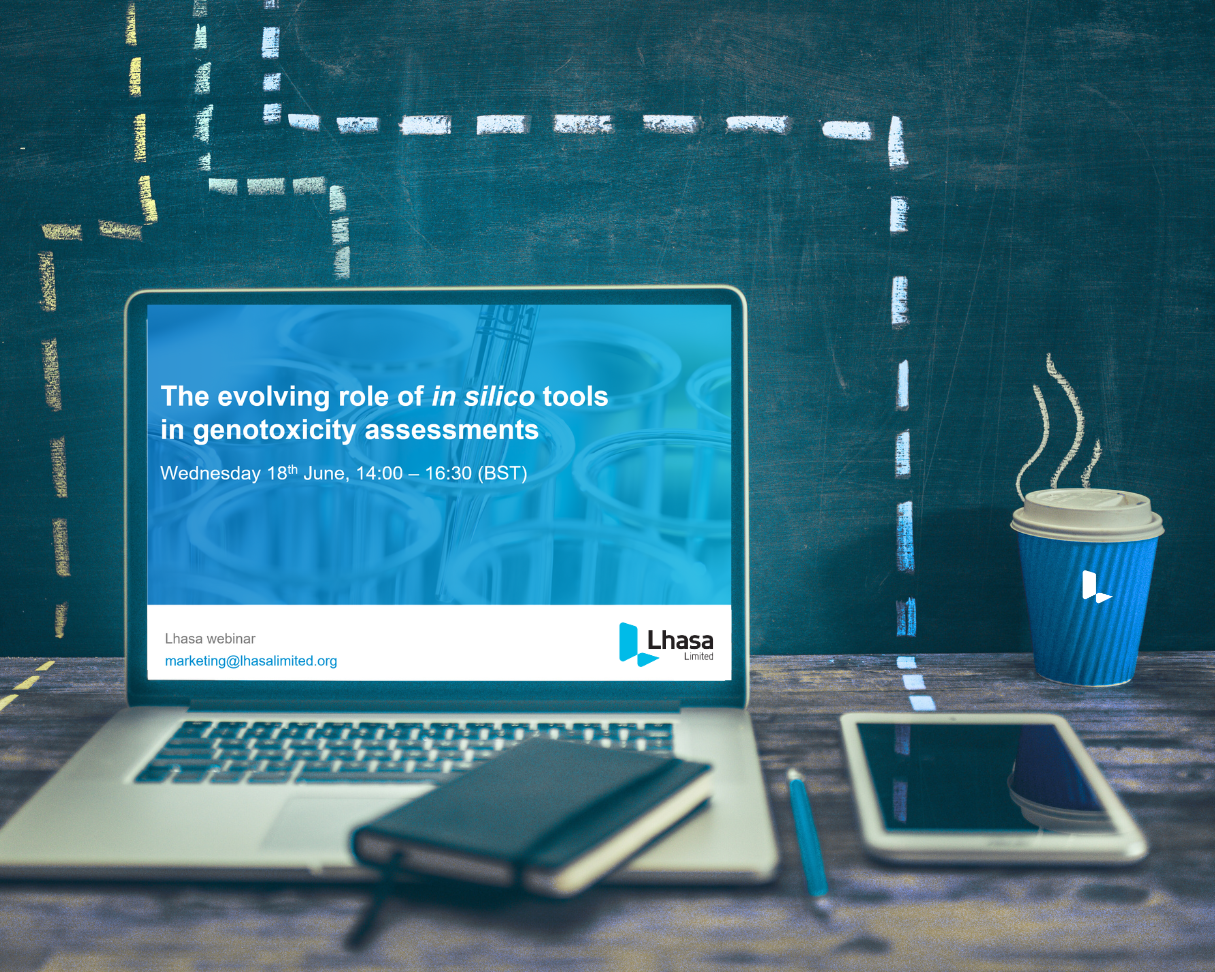AI/PDE data sharing
Acceptable Intakes (AIs) and Permitted Daily Exposure (PDE) limits are compound-specific acceptable exposure limits that typically account for the most sensitive site of action, the route of administration, and the toxicity endpoint of relevance.
Currently, organisations develop compound specific AI/PDE limits for chemicals independently and thus may reach different conclusions based on the data and methodology used. This leads to potential varying AI/PDE values to be submitted to regulators for the same chemical. Creating these limits is time consuming and requires significant effort to undertake literature review.
Our solution
Initiated in 2017 and housed on our Vitic database platform, Lhasa AI/PDE is a precompetitive data sharing initiative that brings together top pharmaceutical organisations to share and harmonise AI/PDE data.
The Lhasa AI/PDE data sharing initative shares and harmonizes AI/PDE data, helping you to streamline your risk assessment workflow.
Key highlights
Utilise proprietary data
Save time on your AI/PDE risk assessments by utilising proprietary data without having to disclose sensitive information.
A fast and efficient user experience
Reduce duplication of effort by quickly, searching, storing, and retrieving agreed AI/PDE data from our structure searchable database.
Rapidly access a standardized dataset
Collaborate with members of the consortium to harmonise shared data and promote consistency in regulatory submission.
Regulatory support
ICH M7
The Lhasa AI/PDE initiative continues to aid industry data sharing and support ICH M7 assessments by making propriety data easily accessible to both industry and regulators via a custom curated database.
ICH Q3C
The calculation of compound specific AIs/PDE is required in regulatory submission under the ICH Q3C guideline. This process is often time consuming, with the potential for duplicate or non-equivalent assessments across pharmaceutical organisations worldwide.
The AI/PDE supports regulatory submission under ICH Q3C by facilitating combined searching of both industry and regulator generated AI/PDE and harmonising data.
ICH Q3D
ICH Q3D advocates the use of a risk-based approach to assessing the potential presence of elemental impurities in drug products.
The Lhasa AI/PDE initiative supports your risk assessment by facilitating combined searching of both industry and regulator generated AI/PDEs. AI/PDE data sharing can enhance the safety of drug substances and streamline the risk assessment workflow by allowing organisations to rapidly access a harmonised and agreed-upon series of AIs/PDEs for commonly used reagents and solvents.
Related publications
Paper
- Feb 2021
- AI/PDE, Carcinogenicity assessment, Data sharing
Recent blogs
In a recent Lhasa Limited webinar, experts from BfR (the German Federal Institute for Risk Assessment), Syngenta, and Lhasa came together to …
The Science of Stability (SoS) 2025 conference, recently held in Philadelphia, brought together leading experts from the pharmaceutical industry and academia. Co-hosted by Lhasa Limited and …
The ICH M7(R2) Guideline (2023) continues to recommend the bacterial reverse mutation assay (Ames test), conducted in accordance with OECD 471, as …




